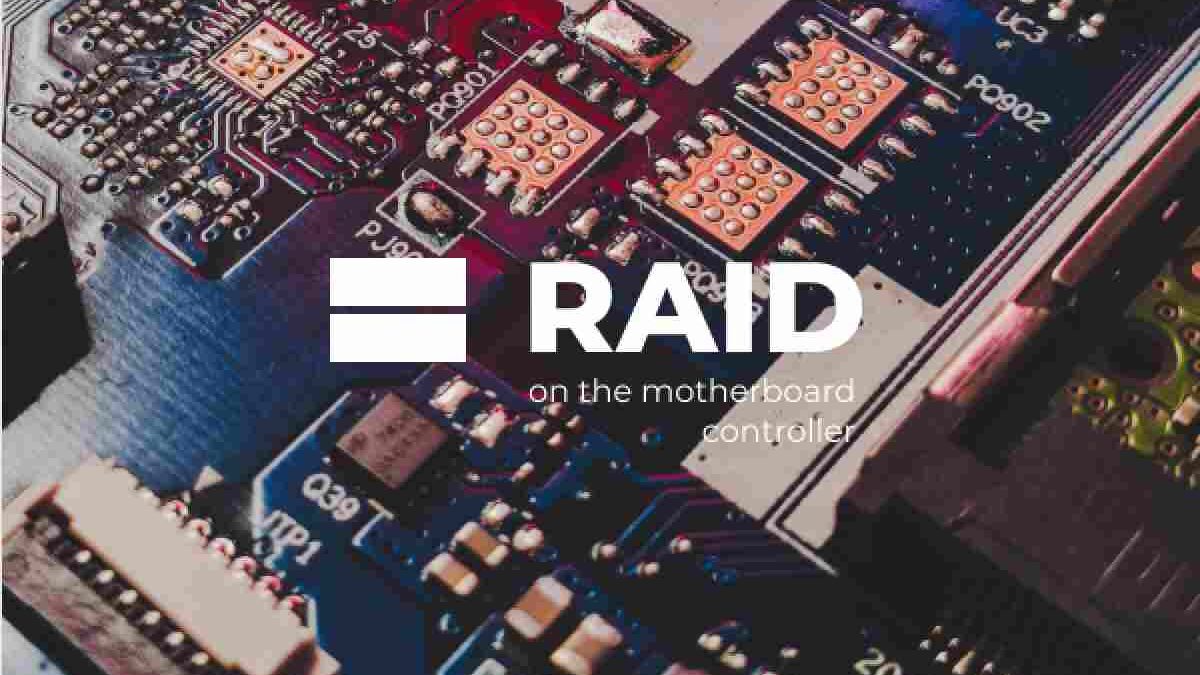RAID controller Is a storage component that will store and manage the disk drives in a RAID infrastructure. It stands for a redundant array of independent disks. It is a card between the operating system and a storage device. It is also called a disk array controller. It has two essential functions: it will combine multiple low-capacity storage drives into a single faster and higher capacity so that they work as a logical unit. The second function is to create redundancy to ensure data usability during dry failure.
How RAID Controller is Useful?
- A RAID controller will have various uses. It will provide monitoring and reporting tools that allow businesses to track their work. This will also help in proactively understanding and addressing multiple issues.
- It will also help optimize work performance since the controller can balance the load across various drives simultaneously.
- The RAID controller will help administrators replace failed drives without shutting down the system. It will manage the process of integrating the new drive into the system seamlessly.
- It will also help in backing up the data without taking much time. Usually, if you back up data at the time of drive failure, it will take many hours to perform the backup.
Conclusion
In conclusion, a RAID controller is crucial to implementing and managing RAID technology within a system. It will work as a central unit in configuring the RAID levels since it works on data across multiple drives and facilitates data recovery in case of drive failures. It will also help in performing caching, Load balancing, and more. The controller will monitor the drive’s status, which will help in drive replacement, whether in software or hardware. Eventually, the RAID controller will optimize the availability and reliability of data storage, and it will also perform multiple tasks effectively and coordinately.

